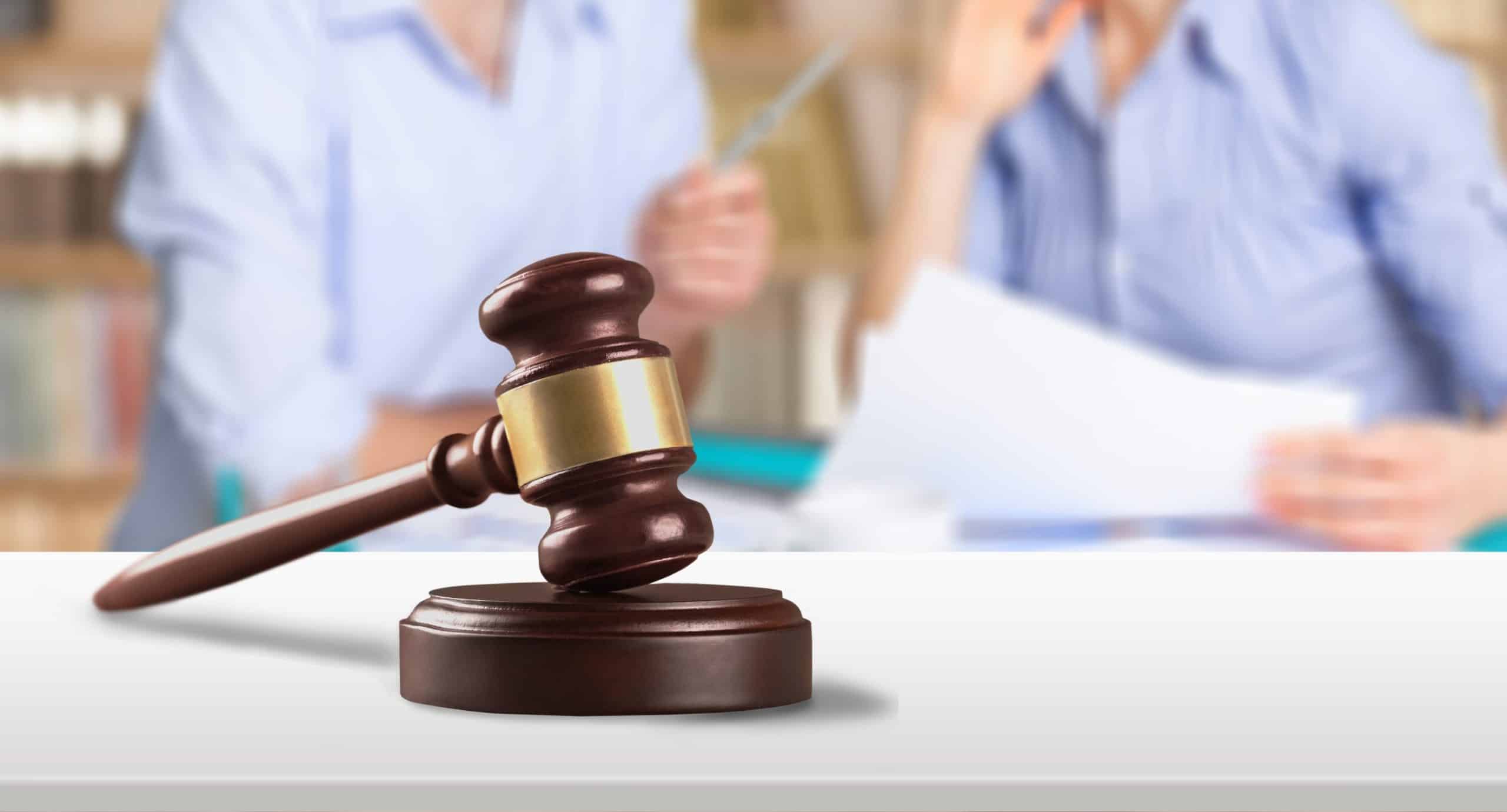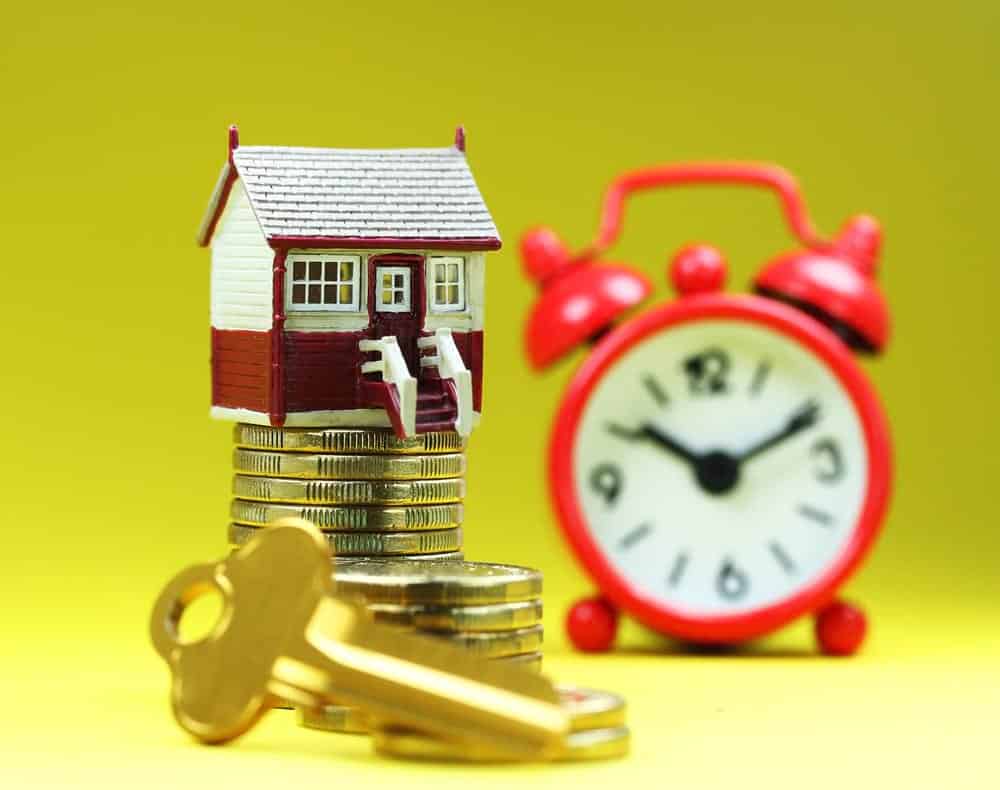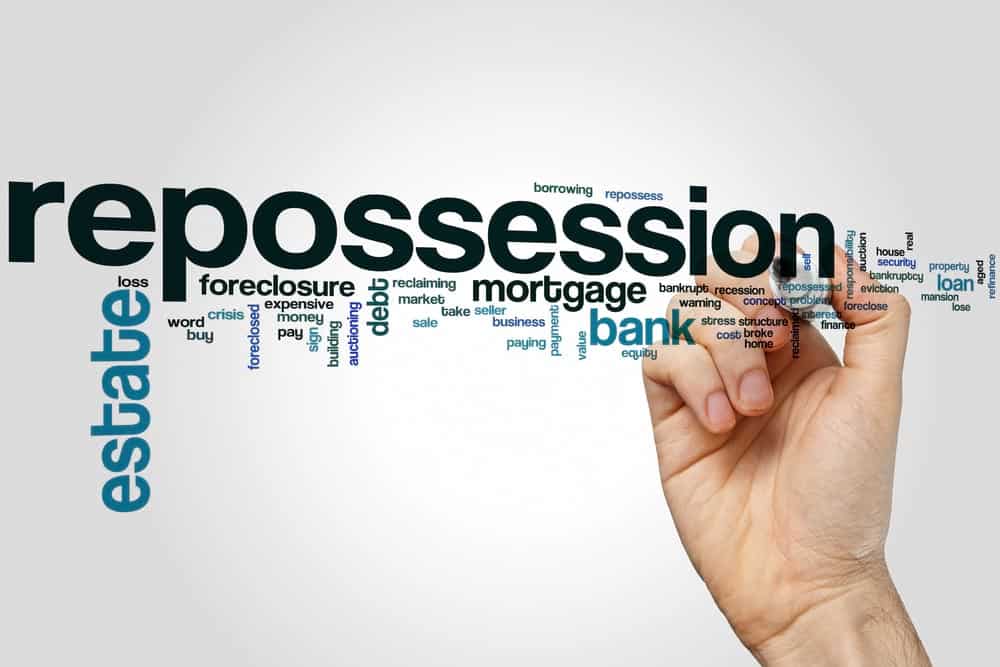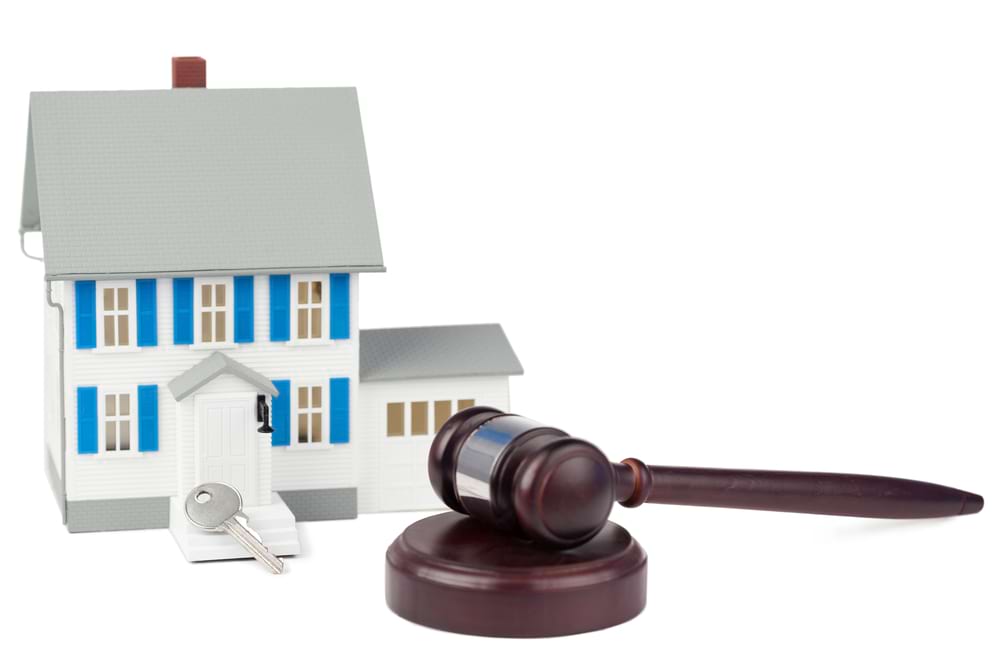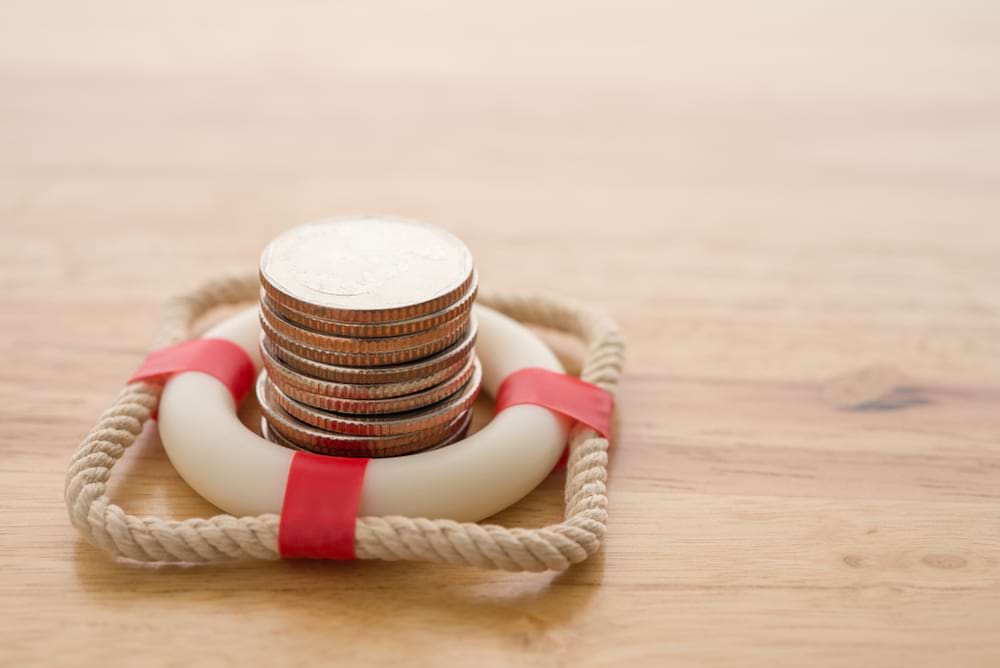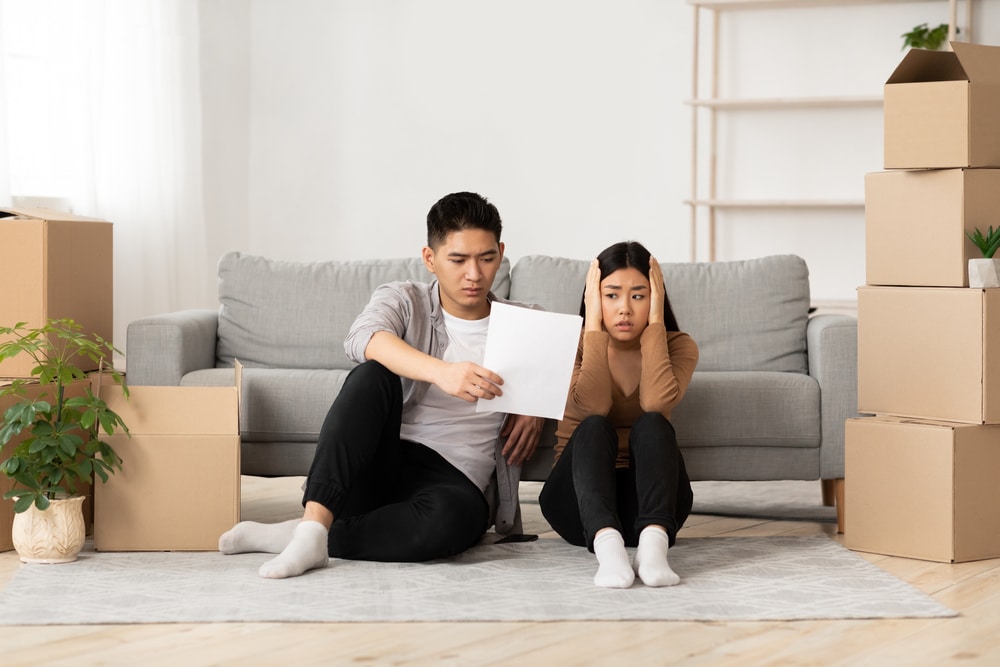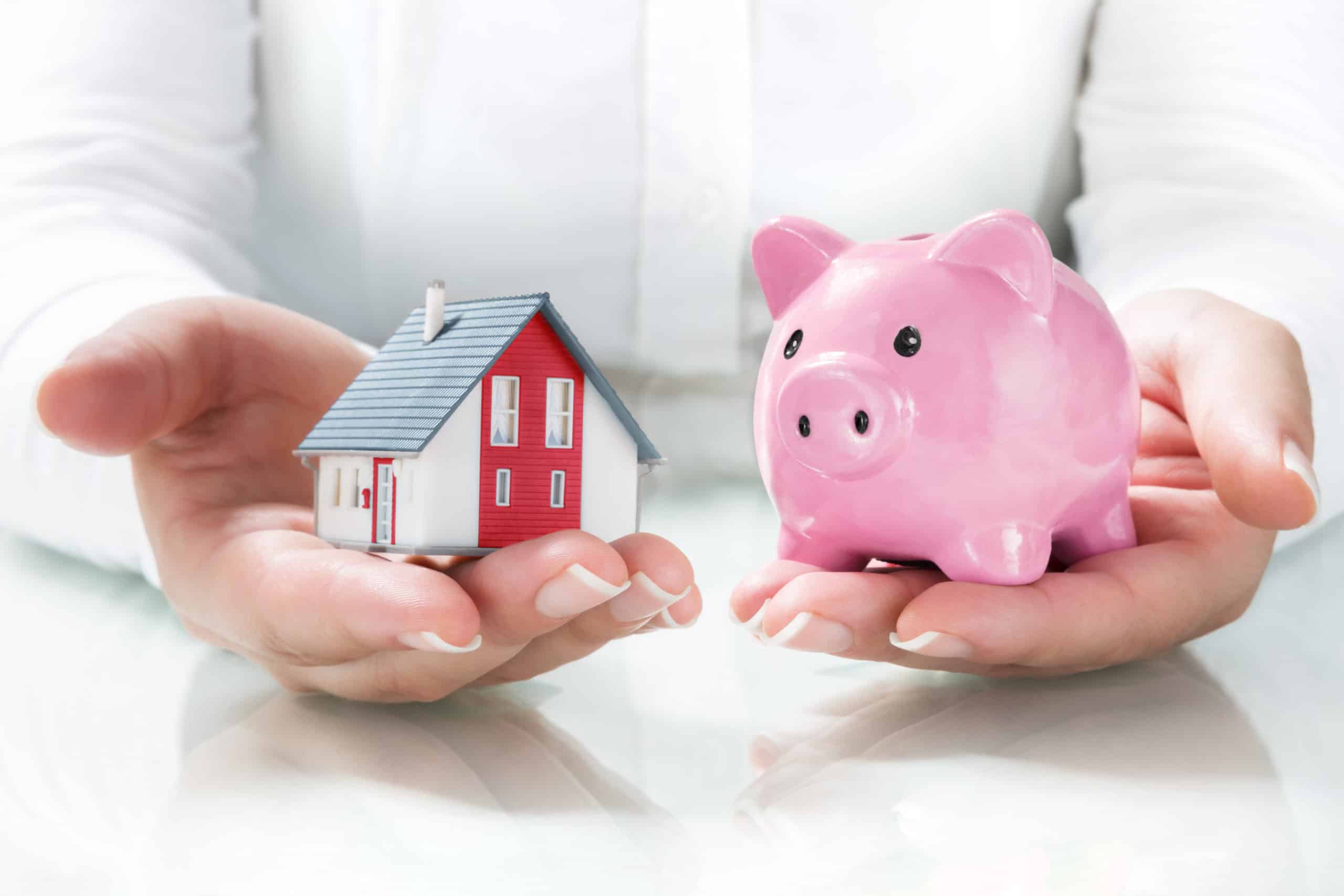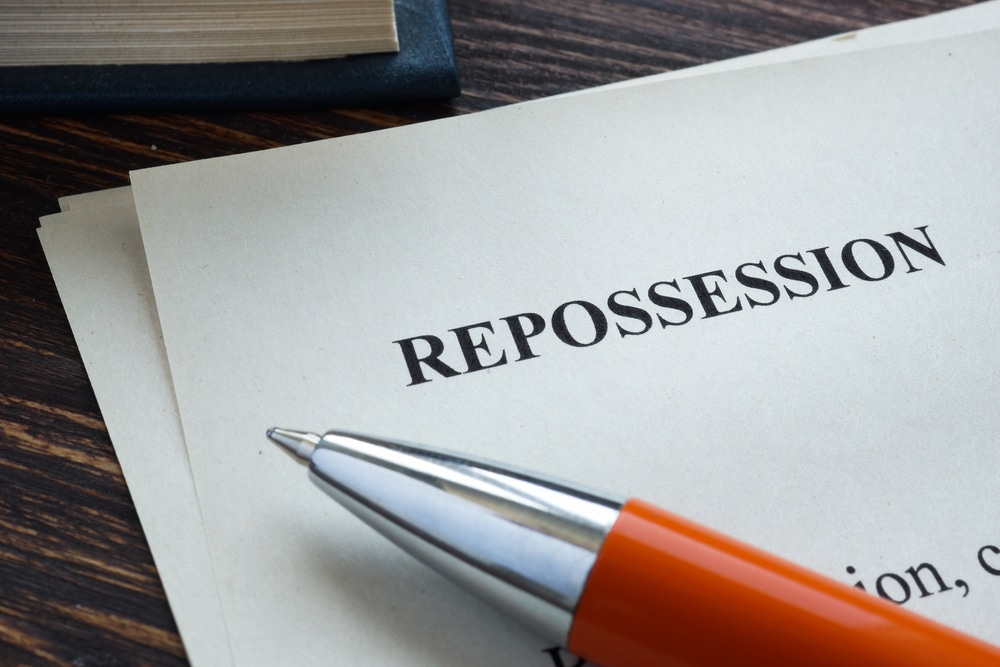If you are in serious debt, one option you have is to file for bankruptcy.
You can apply for bankruptcy yourself. Though sometimes, you can be forced to (for example, if you owe a company £5,000 or more).
Going bankrupt is not the only option available to you and should be a last resort.
Advantages of declaring bankruptcy
- The money you owe can be written off.
- Any court action relating to your debts will be called off
- You will be able to keep some belongings and have a reasonable amount to live on
- You will not have creditors on your back
Disadvantages of declaring bankruptcy
- Your credit rating will be affected for 6 years
- Any businesses, cars and luxury items may have to be sold
- You may lose your job as some occupations refuse to employ those made bankrupt
- You may lose your job as some occupations refuse to employ those made bankrupt
Bankruptcy and selling your home
If you own your own home, there is a chance it may need to be sold.
It depends on whether your official receiver or bankruptcy trustee deems it an appropriate.
They will use the house sale funds to pay your debts.
Potential ways to avoiding your home being sold
1. Children and dependents
If you have family or dependents under the age of 18 living in your home, you may be able remain there for a year.
By the end of this period, you will need to make alternative living arrangements.
2. Negative equity
Negative equity is when the market value of a property falls below the outstanding amount of mortgage left on it.
If this occurs, you could end up keeping your home.
The value of your share would need to be over £1,000 once selling costs have been deducted.
This will be reviewed two years and three months after file for bankruptcy is made.
If the situation is still the same it is unlikely the house will ever be sold.
3. Beneficial interest
You could save your home from being taken from you if somebody can buy your share, also known as your beneficial interest.
This is the amount of money you would receive upon the sale of your home once any debts against it had been deducted. For example:
| Property value | £350,000 |
| Mortgage outstanding | £175,000 |
| Loan outstanding | £15,000 |
| Price to buy out | £160,000 |
4. If three years pass
Your bankruptcy representative, be it the official receiver or bankruptcy trustee has three years to decide what to do with your property.
Your property will be solely yours and no action can be taken on it after the three-year period if you have not…
- Applied to the court for a changing order
- Applied to the court for an order to leave the property
- Sold your beneficial interest
- Managed to pay your beneficial interest
Is bankruptcy right for me?
Bankruptcy should only be an option if all other options have been exhausted.
(There are several debt management organisations that can help you find the best solution to your financial problems.)
Bankruptcy is an option for people who:
- Are in no position to pay their debts
- Are stuck in a situation that won’t improve
- Don’t have high-value belongings
- Have little or no equity in their home
There are no eligibility criteria to file for bankruptcy, nor is there any minimum amount of debt.
However, if your debt outweighs your salary or the value of the things that you own then it could be considered an option.
Always seek financial advice before ever considering filing for bankruptcy.
